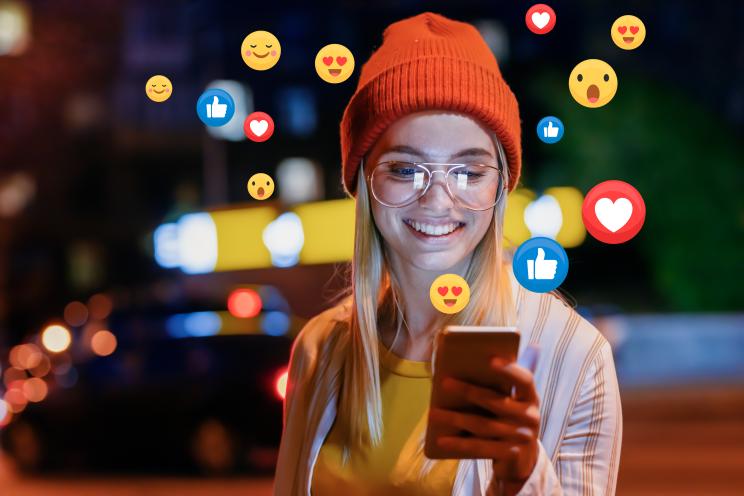It’s all just empty calories.
A social media user has gone viral with a crunchy new critique of the much-maligned modern phenomenon — they’re calling it the “Dorito Theory.”
The name might be new, but the idea that unsatisfying activities can be the most addictive is as old as time.
“When you eat a Dorito and finish your bite, you’re not fully satisfied,” TikToker Celeste Aria said in a viral video, explaining herself.
“It’s not the same as eating a steak or eating a really satiating food that’s high in protein where after your bite, you really feel sort of that fullness and that warmth of satisfaction.”
She continued: “Eating potato chips is addictive because the peak of experience is kind of when you’re tasting it, and not after.”
Likewise, the “infinite scroll on TikTok” — or, according to Forbes, even things like drinking to excess, or toxic relationships — can be equally as unsatisfying, she added, noting that putting a name to the prollem allows her to more easily avoid those addictive behaviors.

Social media use has been likened to substance addiction plenty of times, especially if the screen time interferes with daily life, performance at work or school and even mental health.
In fact, social apps have been linked to depression and poor body image, prompting last year’s warning from the surgeon general about excessive time spent in an attempt to squeeze meaning from the apps.
“We have seen an increase in anxiety, depression, and addiction, including digital addiction, among our youth since the start of COVID,” Mental health expert and author Dr. Gregory Jantz previously told The Post.
A study last year found that the younger people are, the more addicted to the internet they become, although it tends to decrease with age.
The impacts on teens’ health has prompted advocacy and outcry from concerned parents regarding harmful content on platforms like Facebook or Instagram.
The apps’ parent company, Meta, recently introduced a “nighttime nudge” feature to gently remind young users to get some shut-eye if they’re using the platforms late at night.
The move coincides with the tech giant’s announcement to curb potentially explicit or harmful content shown to teens, following a lawsuit alleging the social media platforms perpetuated eating disorders, suicide and self-harm.








